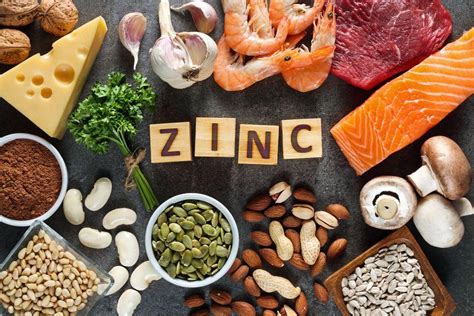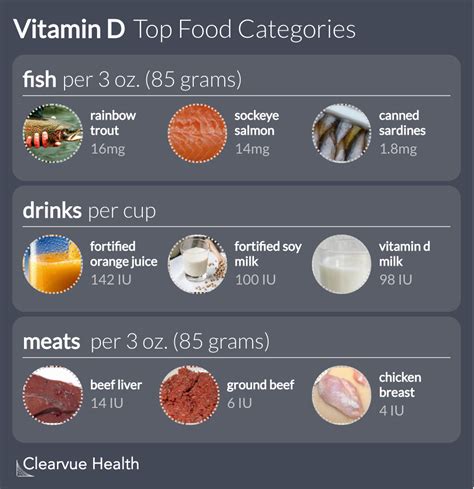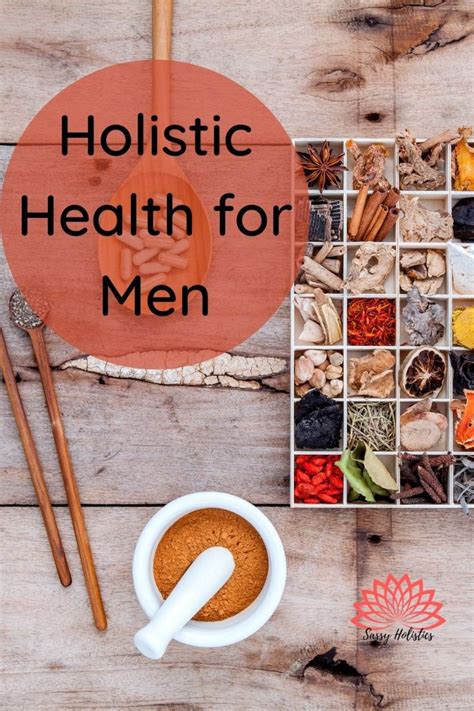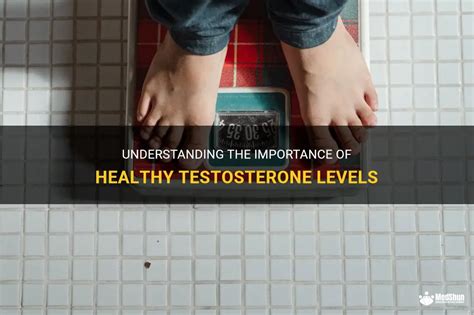While protein rightfully takes center stage in discussions about muscle growth and repair, a truly comprehensive approach to men’s health — particularly concerning healthy testosterone levels and sustained energy — demands looking beyond just protein. The often-overlooked components of a balanced diet, specifically certain fats and crucial micronutrients, play a foundational role in hormonal health and vitality.
The Undeniable Importance of Healthy Fats
Testosterone, the primary male sex hormone, is synthesized from cholesterol. This fundamental fact immediately highlights why adequate intake of healthy fats is non-negotiable for robust hormone production. Depriving your body of dietary fats, or consuming only unhealthy varieties, can severely impede its ability to produce testosterone efficiently.
Focus on monounsaturated fats (MUFAs) found in avocados, olive oil, and nuts, as well as polyunsaturated fats (PUFAs), including omega-3 fatty acids from fatty fish (salmon, mackerel), flaxseeds, and walnuts. These fats not only provide the building blocks for hormones but also support cellular function, reduce inflammation, and contribute to overall cardiovascular health, all of which indirectly benefit energy levels and hormonal balance.

Micronutrient Powerhouses: Zinc and Vitamin D
Zinc: The Testosterone Booster
Zinc is a critical trace mineral involved in over 300 enzymatic reactions in the body, including those directly related to testosterone synthesis. Studies have shown that even a mild zinc deficiency can lead to a significant drop in testosterone levels. Furthermore, zinc is vital for immune function, wound healing, and DNA synthesis, all contributing to overall energy and well-being.
Excellent dietary sources of zinc include oysters (the richest source), red meat, poultry, beans, nuts, and whole grains. Ensuring you get enough of this mineral can be a game-changer for hormonal health.

Vitamin D: More Than Just Bone Health
Often referred to as the “sunshine vitamin,” Vitamin D actually functions as a steroid hormone in the body, and its receptors are found in almost every tissue, including the testes. Research consistently links adequate Vitamin D levels with higher testosterone and improved mood and energy.
While sunlight exposure is the primary way to synthesize Vitamin D, dietary sources include fatty fish (salmon, tuna), fortified milk and cereals, and some mushrooms. Given modern indoor lifestyles, many men are deficient, making supplementation or targeted dietary choices crucial.

Balancing the Macronutrient Plate for Sustained Energy
Beyond fats and specific micronutrients, the overall balance of macronutrients is key. While we’re focusing beyond protein, carbohydrates play a vital role in providing readily available energy for daily activities and intense workouts. Opt for complex carbohydrates like whole grains, fruits, and vegetables, which provide sustained energy release and prevent the energy crashes associated with refined sugars. Inadequate carbohydrate intake, especially in active men, can signal stress to the body, potentially leading to increased cortisol (a stress hormone) and suppressed testosterone.

Holistic Approach: Diet, Lifestyle, and Energy
Ultimately, a man’s testosterone levels and overall energy are a symphony of various lifestyle factors playing in harmony. While dietary protein is foundational for muscle, optimizing testosterone and energy requires a deeper dive into other macronutrients and micronutrients. Prioritizing healthy fats, ensuring adequate intake of zinc and Vitamin D, and balancing carbohydrate consumption are crucial. These dietary strategies, combined with sufficient sleep, regular exercise, and stress management, form the bedrock of robust male health.
Making conscious choices to include nutrient-dense foods that support hormonal pathways will not only enhance your physical performance and vitality but also contribute significantly to your long-term well-being. It’s about fueling your body intelligently, not just filling it.





